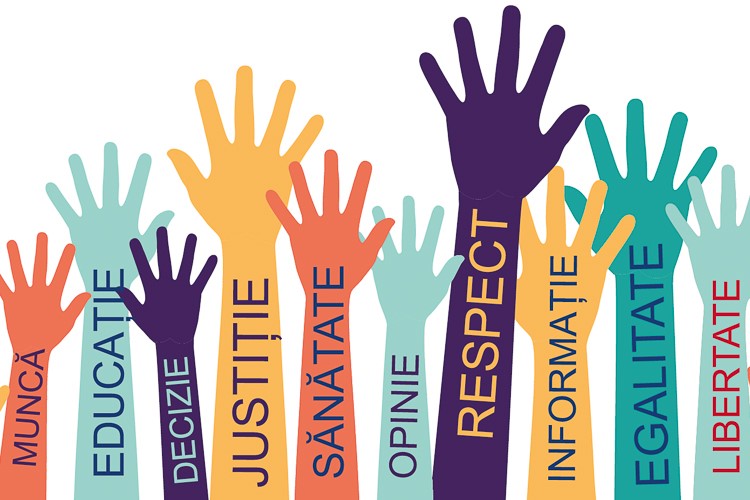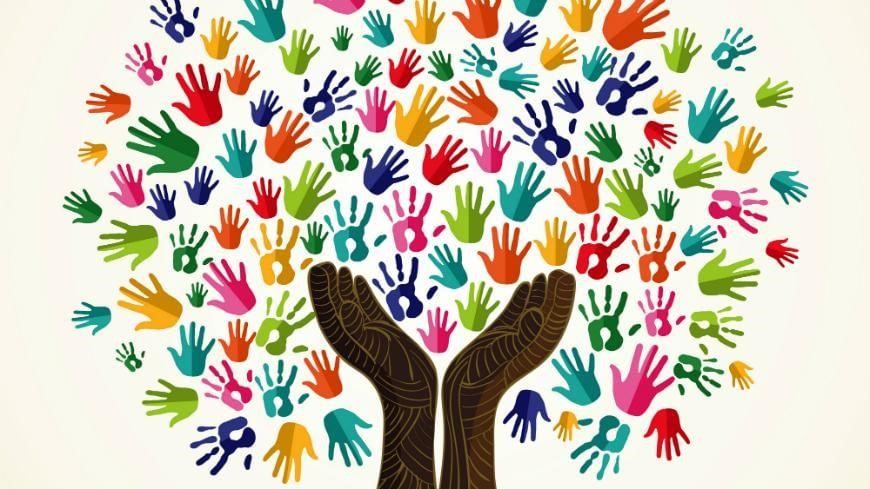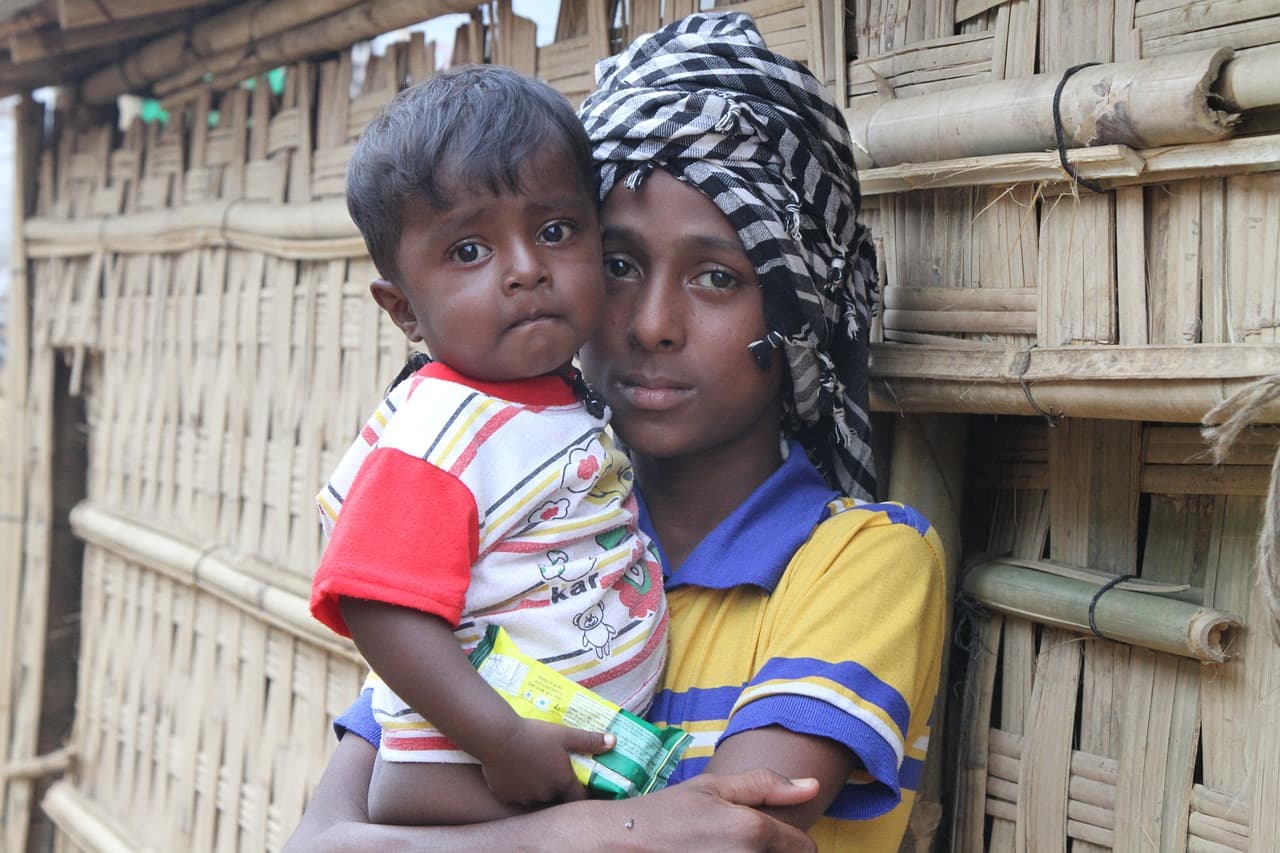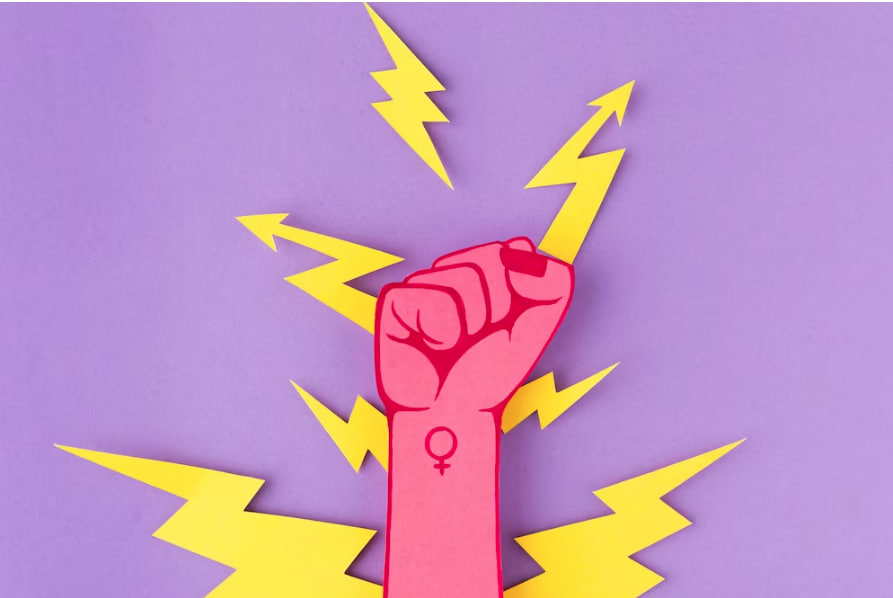Human Rights women in Iran impress her. But state repression is intensifying.
All human beings are born free and equal in dignity and rights – this is the ideal set forth in the Universal Declaration of Human Rights.
Human rights are the rights that every person is entitled to simply because they are human. These rights are universal, meaning that they apply to every person, regardless of their race, gender, nationality, religion, or any other status.
Some of the most important human rights include the right to life, liberty, and security of person; the right to education, work, and fair treatment; the right to participate in government and to have freedom of expression; and the right to live free from discrimination and persecution.
Human rights are protected by international law, including the Universal Declaration of Human Rights and various other treaties and conventions. It is the responsibility of governments to respect, protect, and fulfill these rights, and it is the duty of individuals to respect the rights of others.
The principles of human rights are the fundamental values and beliefs that underlie the protection and promotion of human rights. These principles are essential for ensuring that all people are treated with dignity, respect, and equality, and that their rights are protected and fulfilled.

Some of the key principles of human rights include:
- Universality: Human rights are universal, meaning that they apply to every person, regardless of their race, gender, nationality, religion, or any other status.
- Inherent dignity: All human beings have inherent dignity and worth, and this must be recognized and respected.
- Equal rights: All human beings are entitled to the same rights, without discrimination on any grounds.
- Non-discrimination: Human rights must be protected and promoted without discrimination on the basis of race, gender, nationality, religion, or any other status.
- Interdependence and indivisibility: Human rights are interconnected and interdependent, and cannot be fully enjoyed unless all rights are protected and fulfilled.
- Participation and inclusion: All people have the right to participate in decisions that affect their lives, and to be included in the enjoyment of their rights.
- Accountability: Governments and other actors have a responsibility to respect, protect, and fulfill human rights, and must be held accountable for their actions.
How do you assess the development of the human rights situation in the world?
We have to face the fact that the human rights situation is deteriorating in many regions: state repression is increasing, the space for civil society is shrinking. At the same time there are many human rights defenders who are not afraid of state violence, imprisonment or defamation. The women protestors in Iran, who also receive this year’s Franco-German Award for Human Rights and Civil Society, are an impressive example of this. The courage of these people gives me hope.
The war in Ukraine, the protests in Iran, and the World Cup in Qatar are now putting the issue of human rights in the spotlight. Is this a new chance to develop the topic?
When human rights are discussed in broader circles, I think this is a positive thing in principle. It’s good and it’s important that people here are not indifferent to the conditions under which the stadiums hosting the World Cup were built. We as a federal government have the task of responding to this development – to give human rights an even higher priority in our foreign policy, but at the same time to make transparent those areas in which we are also limited: For example, sanctions against Iran cannot be imposed overnight, because they require European coordination and legal certainty.
In what area is currently focusing its efforts to protect human rights?
The international system is under growing pressure: The world is divided between those countries that respect international law and those that want to undermine it. Germany is internationally committed to respecting and expanding international law and human rights. The German government’s feminist foreign policy, in which we recognize that access to political participation is unevenly distributed and seek to remove these power structures, is also closely linked to the protection of human rights. Another priority is the protection of human rights defenders worldwide, including through the Federal Government’s special protection programs. We should use the 25th anniversary of the UN Declaration on Human Rights Defenders in 2023 to pay tribute to the work of these people and support it even more.
Who are your most important partners in this cause?
The most important partners in the fight for human rights are representatives of civil society – from individuals, to local groups, to international non-governmental organizations. Their experience and knowledge should guide our actions. Representatives from the global South in particular are still too little heard.

Violence against women and girls is one of the most common human rights violations worldwide. How can this be countered?
Violence against women and children and sexualized violence are terrible symptoms of patriarchal power structures. To eradicate this insidious form of violence, we need to get to the underlying structures of power. This includes bringing perpetrators to justice – including in an international context. For example, the mechanism for investigating human rights violations during Russia’s war of aggression against Ukraine pays special attention to gender-based violence – unfortunately, this is still not a matter of course. But also in Germany, every third woman has been physically and/or sexually abused at least once in her life. For me, as ombudsperson, it is important that advocacy for human rights in the world is always accompanied by a self-critical look inward.



